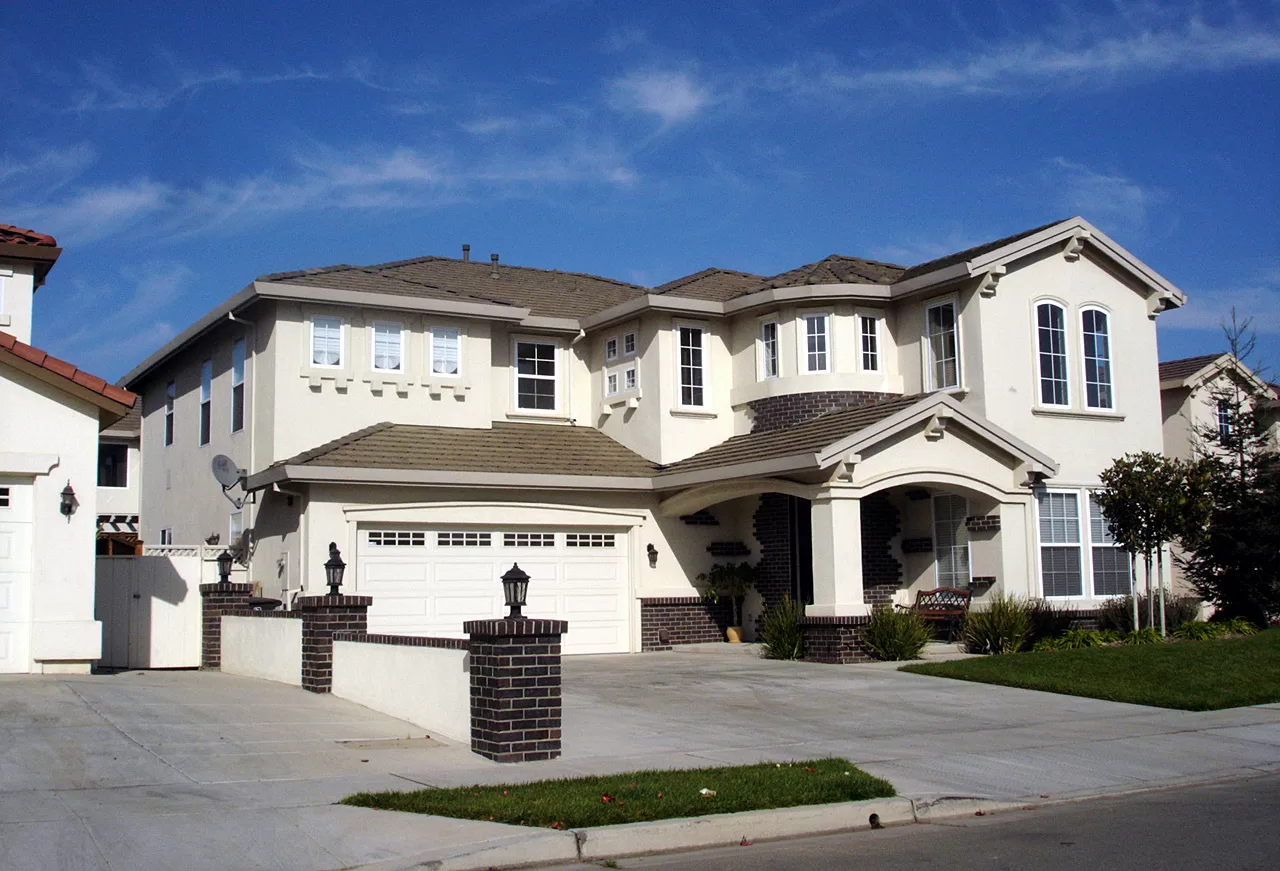Electrical systems play a vital role in our daily lives, powering our appliances, lighting, and entertainment devices. However, if not properly addressed, electrical hazards can pose significant risks.
While commercial electrical services at Clearwater handle electrical projects, homeowners should also familiarize themselves with the basic electrical codes that apply to their homes.

This is because these codes are in place to ensure safety and prevent electrical hazards.
Let’s delve into some crucial residential electrical codes that every homeowner should know to maintain a secure and efficient electrical system.
GFCIs are designed to protect against electrical shock and are commonly required in areas where water is present, such as bathrooms, kitchens, and outdoor outlets.
These devices monitor the flow of electrical current and quickly shut off power if they detect a ground fault.
Homeowners should regularly test GFCIs to ensure they function properly by pressing the “test” button and resetting them afterward.
Residential electrical codes dictate the placement and spacing of electrical outlets.
These codes help prevent the overloading of circuits and reduce the risk of electrical fires.
Read Also :
Typically, outlets should be installed at least every 12 feet along the walls and within 6 feet of any break-in wall space, such as doors or windows.
Bathrooms, kitchens, and outdoor areas often require additional outlets to accommodate specific electrical needs.
Over time, electrical panels may become outdated or overloaded, leading to safety hazards.
It is crucial to have professional marina electricians assess the condition of your electrical panel and upgrade it if necessary.
Upgrading to a modern panel with adequate capacity will ensure safe and reliable electrical distribution throughout your home.
Proper electrical wiring and cable protection are vital to prevent damage and reduce the risk of electrical hazards.
Codes require that wires and cables be installed within conduits, junction boxes, or cable trays to shield them from physical harm and limit exposure to heat sources.
Homeowners should avoid using damaged or frayed cables and promptly address electrical issues to avoid potential safety risks.
To protect against fire and carbon monoxide poisoning, residential electrical codes mandate the installation of smoke detectors and carbon monoxide alarms.
These devices should be strategically placed on every level of the home, near sleeping areas, and tested regularly to ensure proper functioning.
Batteries should be replaced annually to guarantee uninterrupted protection.
Outdoor electrical systems require special attention due to exposure to the elements.
Weatherproof outlets and covers should be used to protect against moisture and debris.
GFCIs are also crucial in outdoor areas to prevent electrical shock.
Additionally, all outdoor electrical work, such as installing lighting or a pool, should be performed by a licensed electrician knowledgeable about local codes and safety regulations.
Understanding residential electrical codes is essential for every homeowner, as adhering to these codes ensures the safety and functionality of your electrical system.
By following the outlined codes and seeking professional help such as commercial electrical services in Clearwater when needed, you can protect your families and property from potential electrical hazards.